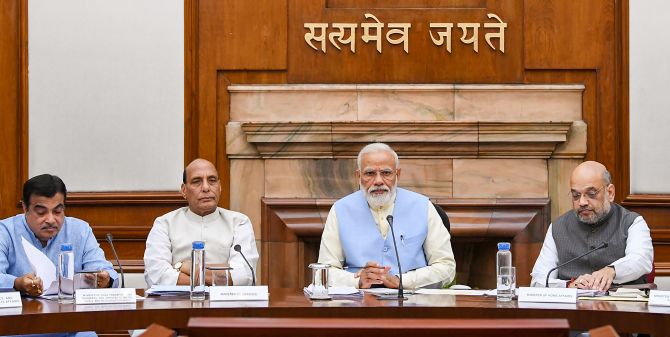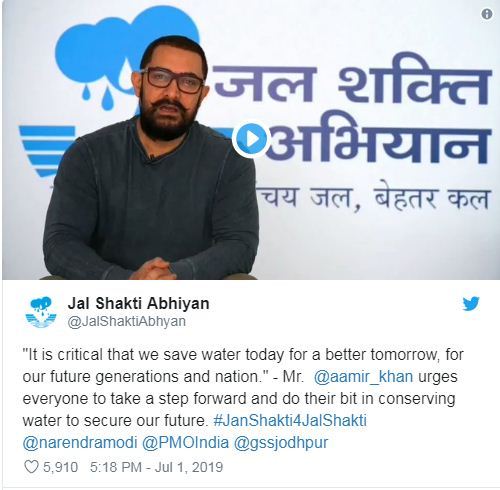In a major boost to rural road connectivity across the country, the Cabinet Committee on Economic Affairs, chaired by the Prime Minister Narendra Modi, has given its approval for the launch of Pradhan Mantri Gram Sadak Yojana-lll (PMGSY-III). Under the PMGSY-III Scheme, it is proposed to consolidate 1,25,000 Km road length in the states. The Scheme will also include Through Routes and Major Rural Links that connect habitations to Gramin Agricultural Markets (GrAMs), Higher Secondary Schools and Hospitals.
This would facilitate easy and faster movement to and from Gramin Agricultural Markets (GrAMs), Higher Secondary Schools and Hospitals. Roads constructed under PMGSY would also be maintained properly.
It will entail an estimated cost of Rs 80,250 crore (Central Share-Rs. 53,800 crore, State Share- Rs 26,450 crore). The funds would be shared in the ratio of 60:40 between the Centre and State for all States except for 8 North Eastern and 3 Himalayan States (Jammu & Kashmir, Himachal Pradesh & Uttarakhand) for which it is 90:10.
Project period would be 2019-20 to 2024-25. Selection of candidate roads will be done based on the sum total of the marks obtained by particular road on the basis of parameters of population served, market, educational and medical facilities, etc. Under the scheme, construction of bridges upto 150 m in plain areas and 200 m in Himalayan and NE States proposed, as against the existing provisions of 75 m and 100 m in plain areas and Himalayan and NE States respectively. The States shall be asked to enter into a Memorandum of Understanding (MoU) before launching of PMGSY-III in the concerned State for providing adequate funds for maintenance of roads constructed under PMGSY post 5-year construction maintenance period.
Under PMGSY, a total of 5,99,090 Km road length has been constructed under the scheme since inception till April, 2019 (inclusive of PMGSY-I, PMGSY-II and RCPLWEA Scheme.
PMGSY-III scheme was announced by the Finance Minister in Budget Speech for the year 2018-19. The CCEA in its meeting held on 9th August, 2018 approved continuation of PMGSY-I & II beyond 12th Five Year Plan and covering of balance eligible habitations under PMGSY-I by March 2019, PMGSY-II, and habitations under identified LWE blocks (100-249 population) by March 2020.
PMGSY was launched in December, 2000 with an objective to provide single all-weather road connectivity to eligible unconnected habitation of designated population size (500+ in plain areas and 250+ in North-East, hill, tribal and desert areas as per Census, 2001) for overall socio-economic development of the areas. 97% of the eligible and feasible habitations have already been connected by all-weather road.












